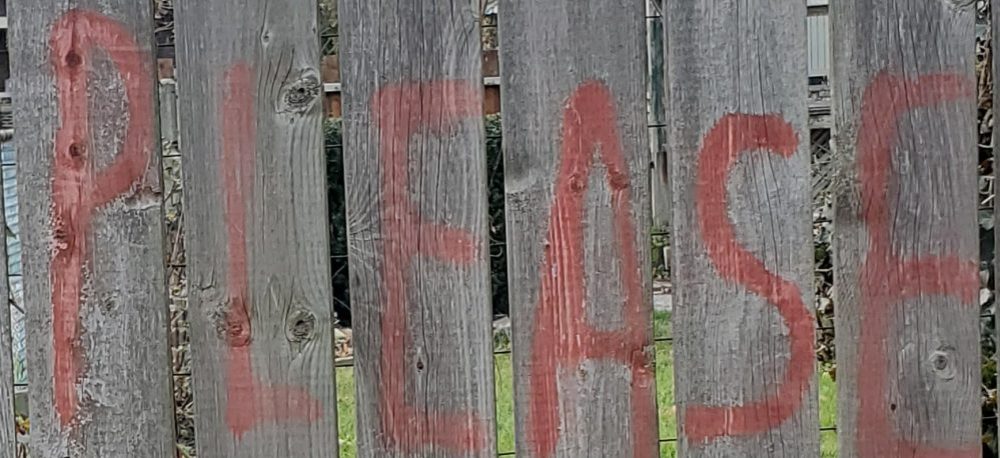A: What it is Like to be a Philosopher
Driving down 2nd Concession, Amherstburg,
Snow-dusted fields.
and whispy clouds
frame silos,
tractors and trucks,
and fading red barns.
August’s 12 foot corn stocks
have been cut down to stubble
that will not grow again
’till May.
If I could I would
drive down long County roads
looking for places to bring my telescope
when January night falls early,
or walk along the river,
or follow the plot of a novel,
or watch a movie,
or read the paper,
or listen to someone speak,
or see kids playing,
or buy a shirt,
or have a tea,
or look at a painting,
without my mind’s gravity
pulling in questions
about why people do as they do
and did as they did
and will be as they will be,
and what does this mean,
and what that;
could things be otherwise than they are
and if so, why, and if not,
why not
and how do I make my case
and unmake yours
one way or the other?
I have made my point enough
for one life.
But thoughts come when they want to come.
Driving down 2nd Concession, Amherstburg I think:
“Who conceded what to whom?”
Were all parties satisfied,
or were there recalcitrants
who– faces reddening and fists pounding–
shouted:
‘If we concede so much at the 2nd
how much more will be taken at the 3rd, 4th and 5th?!”‘
The door once opened, more thoughts rush in:
“”Concession” can’t mean ‘concession.’
Somewhere in a dusty
County museum
that not even school kids get dragged to anymore
there must be an archivist,
in a grey sweater, Andy Capp cap,
and maybe a pipe
who knows the difference between
a Side Road and a Concession,
who it was that numbered the drain ditches
and the names of the parties to the dispute over Disputed Road.”
But I won’t stop and ask him today.
If I must be cursed by Socrates’ daemon
to think before I feel
I can at least amuse myself with equivocation
and keep some questions open
for my own delectation.
B: Mill and Pigs
It takes energy
to refract every light wave of an idea
and subject it to the test
of evidence or reason,
coherence or correspondence,
and to ask how context
shapes the seeing and the seen
and to worry about how charitable I should be
when something stupid comes my way.
If I could I would
just let the ideas play in mind
and not worry which one wants to be a paper
and which one a book.
Every particle of the world
does not need to be doubled
in writing.
I am getting tired;
all I want to do is drive
down lonely roads
and look at Andromeda,
2 million light years away
not looking back.
I want to walk in the silence
of flat straight space,
breath in the lilacs of spring,
watch the ships in the river,
take a drink on the patio,
and close my eyes at night
without pondering, posing,
or wondering how to prove.
It takes energy to refract every light wave
of an idea;
I am tired;
I don’t want to argue any more.
Mill said: it is better to be Socrates unsatisfied
than to be a pig satisfied.
But did he ask the pig?
Maybe it has been this search for something
Higher
something absolutely True
that we believe in but pigs don’t
that has been the problem all along.
Socrates,
our patron saint,
taught tyrants
who knew what they knew
and were not afraid
to prove it,
not with elenchus and syllogism
but exile and death.
The truck and the abbatoir await us all:
Mill and pigs
Socrates and Critias
me and you.
(But who is “I”
and who “you”
not to mention
“We” and “they).”
There really is only this moment,
or rather, not:
when you think about it,
it has already slipped away
and gone forever.
But no worries:
there is another,
and another
and another
until there is not.
To be and let be,
that is the answer.
To be neither selfless nor selfish
but a self
appropriating the wealth
of the magnificent surfaces of the world
without removing them from the commons.
_____________
“Thoughts come when they want to come” is borrowed from Nietzsche, somewhere in Beyond Good and Evil.
“Better to be Socrates unsatisfied …” is asserted by J.S. Mill in Utilitarianism.
“Socrates taught tyrants…” alludes to Critias, one of the leaders of the Thirty Tyrants who overthrew the Athenian democracy after Athen’s defeat by Sparta in 405 BCE. He had been a student of Socrates.
